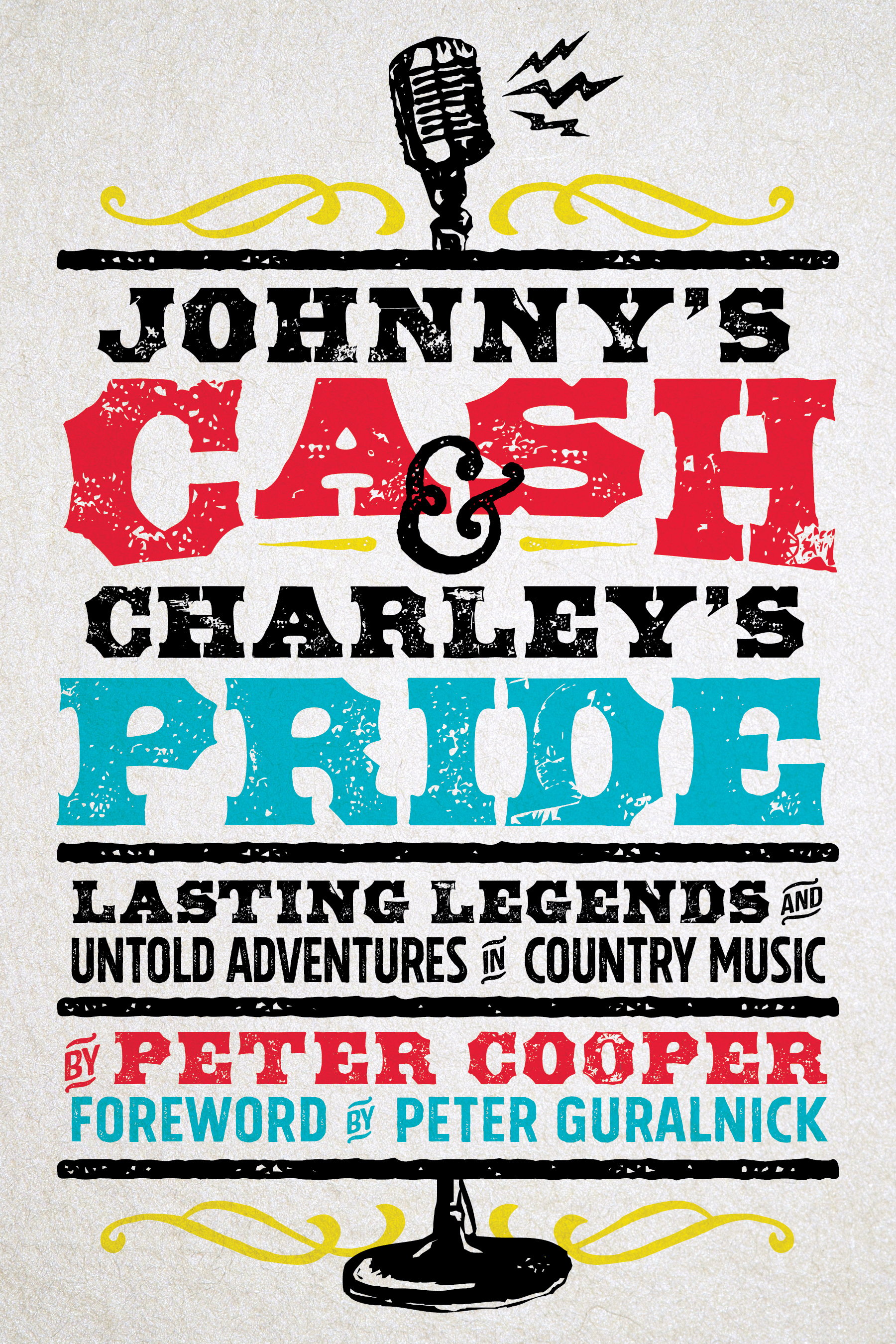A parade of originals sings a country tune
“Johnny’s Cash & Charley’s Pride: Lasting Legends and Untold Adventures in Country Music” (Spring House Press), by Peter Cooper
In his new book on country music, in the midst of a riff about Tom T. Hall’s ascent, Peter Cooper boils the Nashville songwriting business down to its nuclear core.
“When a songwriter signed a publishing deal — and this holds true today — his job was to write songs that would please the publisher. And publishers are pleased by songs that get played on the radio. It’s ‘Figure out what’s working, and then do that.’ Makes perfect sense, though the end of that road is most often frustration and burnout for the creators, and for listeners who don’t want to spend their day hearing twenty slightly different replications of the same tired and silly thing.”

Cooper then tells how Hall began to move away from formulaic “Little Darlin'” songs and began to write what he knew. The breakthrough came when he described a week he had spent behind bars in Paintsville, Kentucky, in the classic, “A Week in a Country Jail.”
It’s one of many eureka moments in a book that reads like a collection of priceless bar stories. The unforgettable characters who refused to toe the line are the ones who interest Cooper, from Johnny Cash and Loretta Lynn to Lee Ann Womack and Taylor Swift. His knack for finding the formative experiences that led them to greatness makes these tales come alive.
A talented singer-songwriter himself, Cooper used to write about country for Nashville’s daily newspaper, The Tennessean. In both roles he has gained the trust of some of Nashville’s most colorful figures.
His attention is drawn routinely to the original and the surprising, from the tonsillectomy that gave Ernest Tubb his distinctive singing style to the mysterious death of Hank Williams to the heartache that drove George Jones to greatness. He tells how Kris Kristofferson lost connections with his mother, who disowned him after he turned his back on an Oxford education to pursue his Nashville dream.
Cooper’s first-person accounts of interactions with the greats may strike some as cloying, and he closes with a “coda” that seems tacked on because, well, it is. In it he invokes the famous line that writing about music is like dancing about architecture, only to argue for the usefulness of his craft.
But there’s no need. The art of the stories is in the telling, which is where Cooper wins the argument. Arriving at the end of this sparkling collection, few will doubt that writing about music is exactly what Cooper should be doing.




